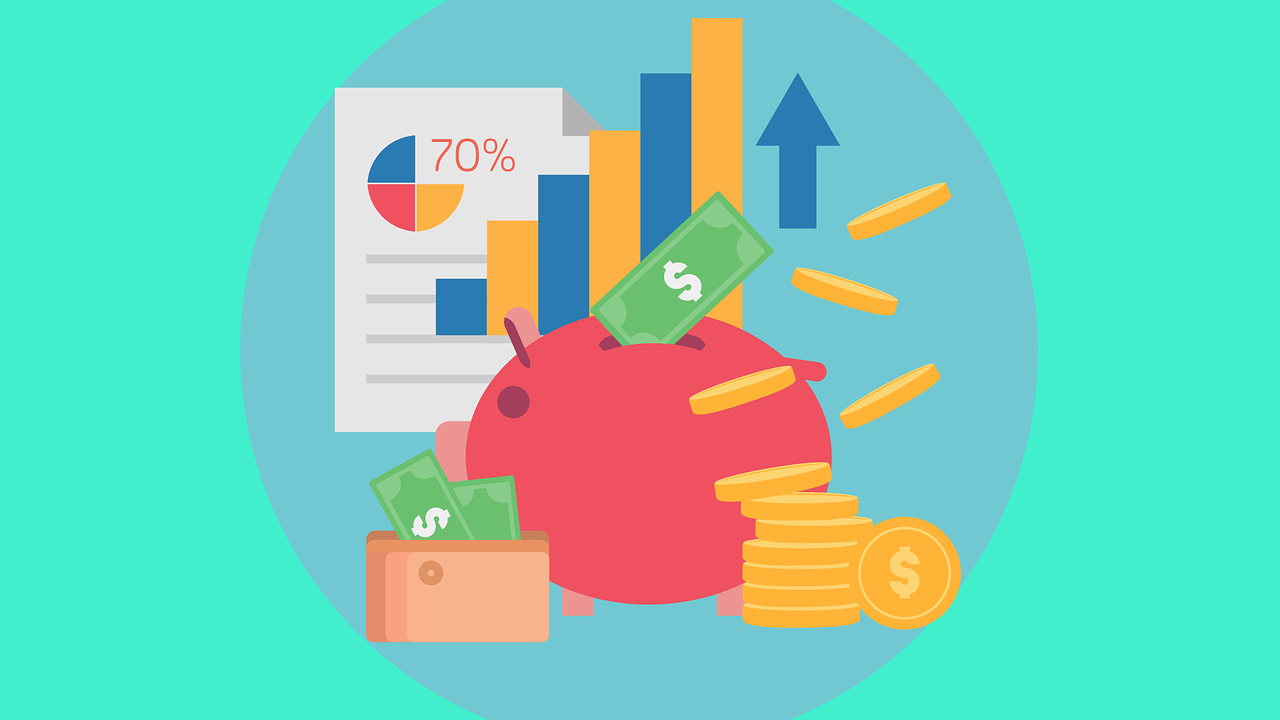Large-scale social unrest is likely to become a major issue for investors who should act now to protect their investments, warns the CEO of one of the world’s largest independent financial advisory, asset management and fintech organizations.
The warning from Nigel Green of deVere Group, which has more than $12bn under advisement, comes as many investors begin to review and readjust their portfolios for the rest of 2022; and it follows high-level studies revealing that civil unrest is on the rise.
Q2 2022 hedge fund letters, conferences and more
He says: “There are many headwinds ahead for the rest of this year that could impact investor returns.
“One of the biggest – and most overlooked – is the rising risk of large-scale social unrest.
“The global cost of living crisis is the major contributing factor.”
He continues: “Soaring food and energy prices triggered, by unprecedented shipping backlogs or shortages of materials and labour, Covid lockdowns in China, and the war in Ukraine, known as ‘the world’s breadbasket’ as it’s one of the world’s leading exporters of corn, wheat, barley and sunflower oil, amongst other staples.
“Red-hot food and fuel prices are the most painful type of inflation. Should the prices of smart TVs jump, people can delay buying one. But they cannot stop feeding themselves or their families. Similarly, the costs of transportation make up the price of almost everything we buy.
“When people can’t feed their families, get to work or take their kids to school due to high fuel prices, or heat their homes, it’s an almost inevitable recipe for large-scale civil unrest.”
The UN has already been forced to ration food supplies to millions of people around the world due to high prices and supply disruptions, and warns that in 2023 there will be a food availability crisis.
Investors Need To Mitigate Risks
Nigel Green goes on to add: “The downturn in the property market, slower economic growth, which leads to more uncertainty, less business investment, more redundancies and less cash available for governments, all adds to a perfect storm scenario.”
Investors need to review, and where necessary, adjust their portfolios, says the deVere CEO, to ensure that they are best-positioned to mitigate risks – and to seize the opportunities when presented to grow their wealth for the long-term.
“Whenever there is high uncertainty, there is opportunity – all the world’s most successful investors know this. And history teaches us that downturns are the best time to invest.
“Stepping off the sidelines to enhance your investment portfolios in these times is to be championed, but you must also ensure that those bolsters to your investment help to create resilience and dynamism.”
In short, you must top-up your portfolios wisely in this currently volatile environment to side-step risks and capitalize on the upsides.
A balanced investment approach is always sensible – and do not forget to hold some cash (or liquidity funds) for emergency uses, or for opportunistic investing.
But this is more challenging when volatility is high. Nonetheless, diversification remains essential.”
The deVere CEO concludes: “Investment headwinds are many in the coming months.
“But mass social unrest is not talked about enough, likely due to high-level political and commercial interests.
“However, if you’re serious about protecting and growing your money over the next six months it should be a major concern.
“Not paying attention could be a costly mistake.”
About deVere Group
deVere Group is one of the world’s largest independent advisors of specialist global financial solutions to international, local mass affluent, and high-net-worth clients. It has a network of more than 70 offices across the world, over 80,000 clients and $12bn under advisement.






